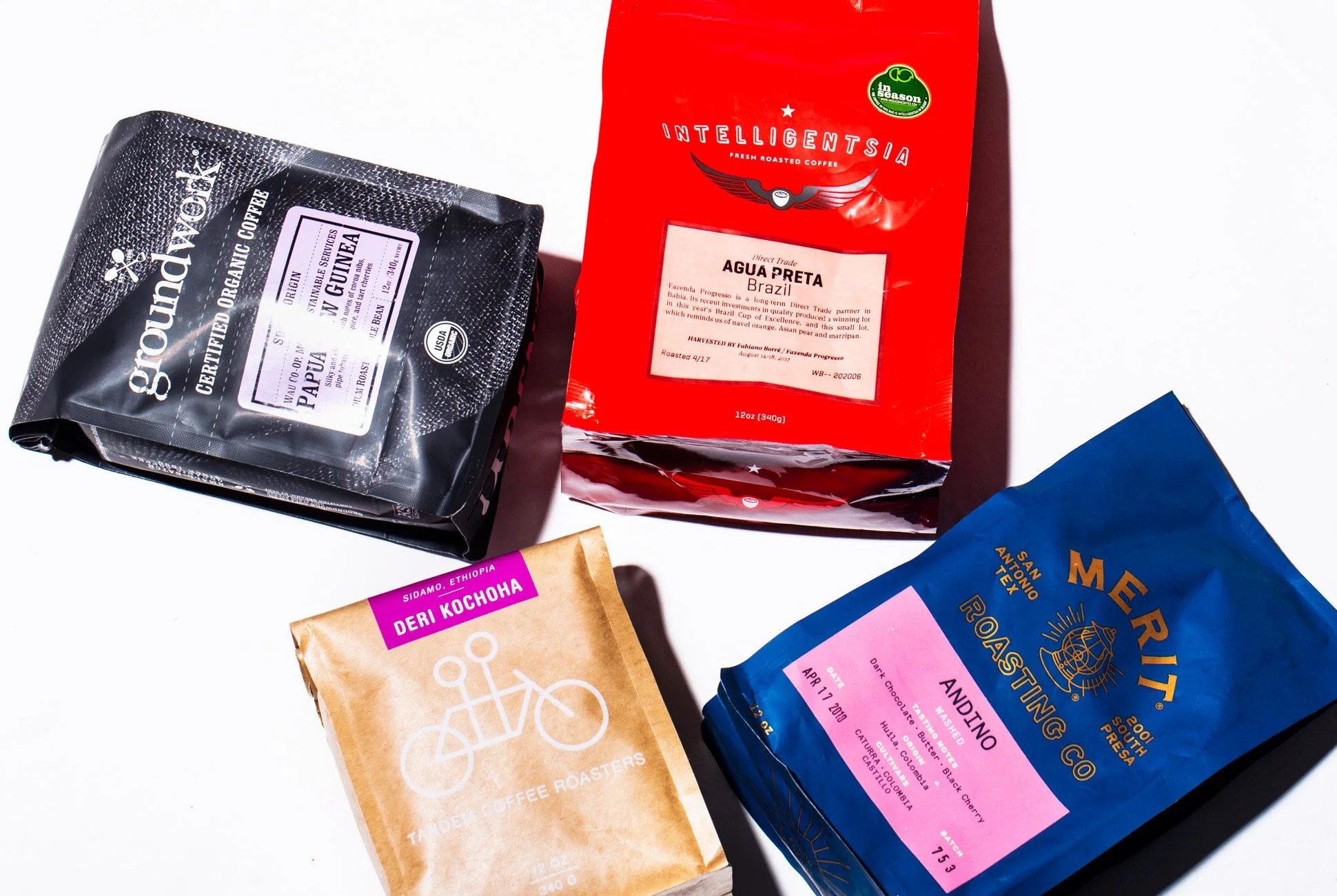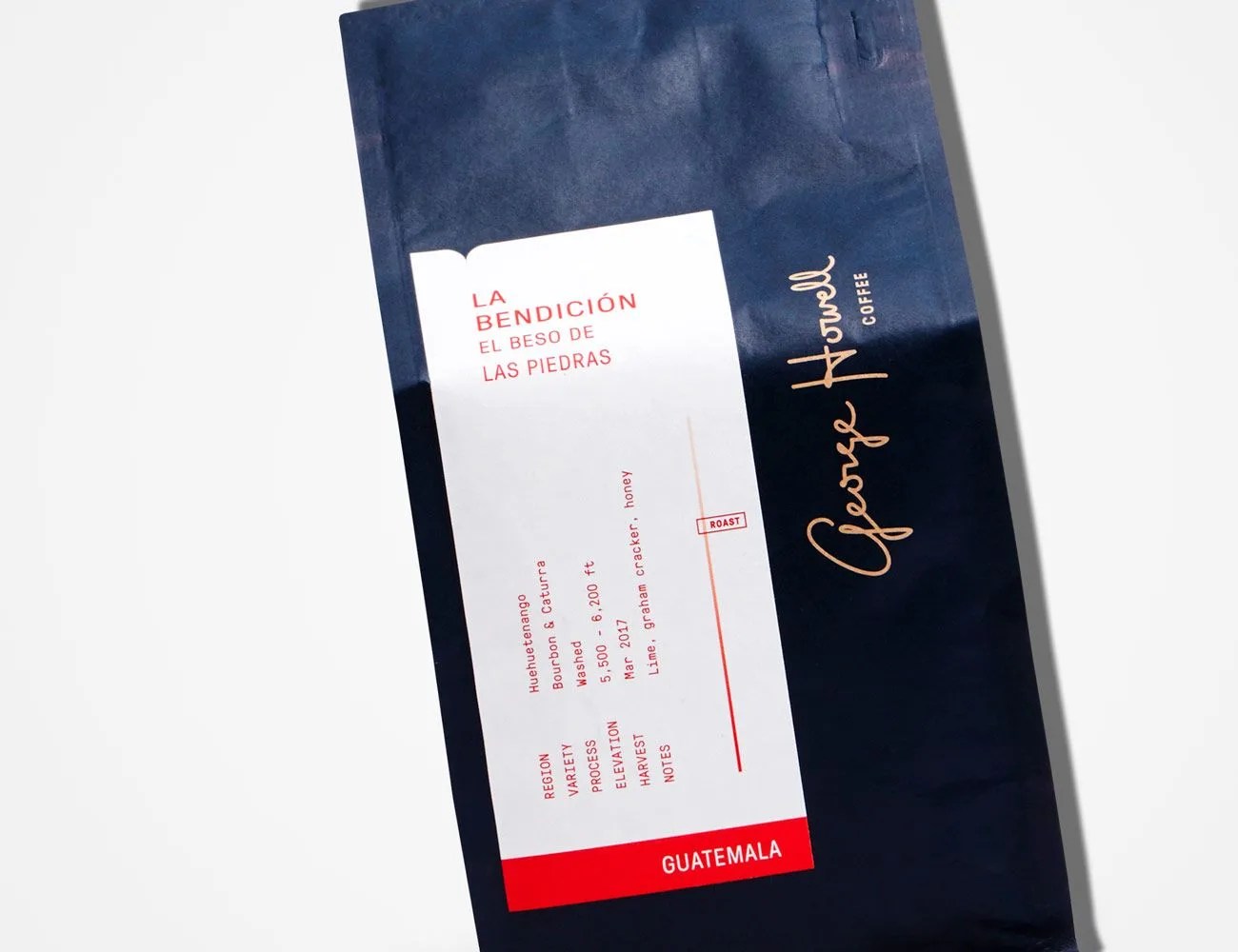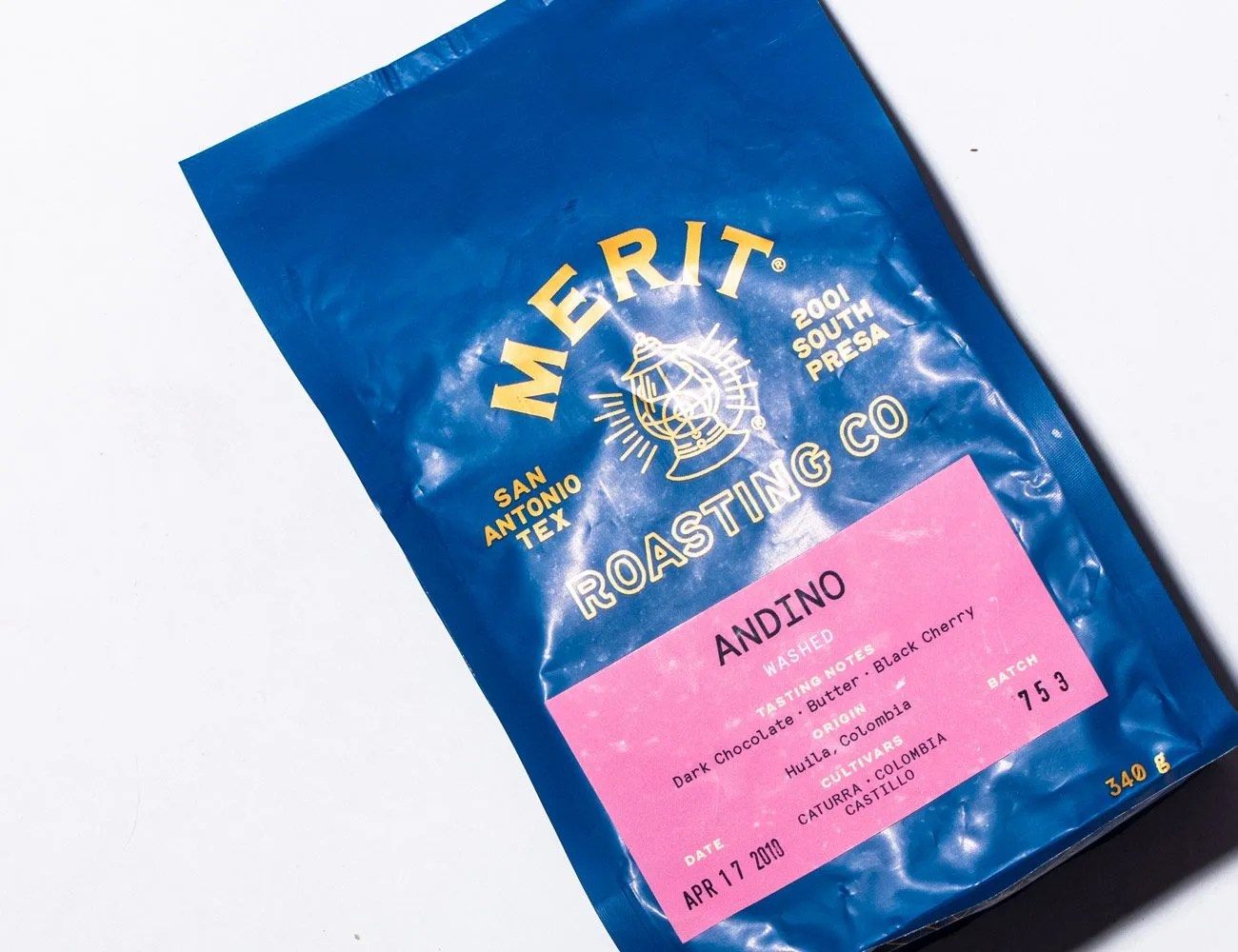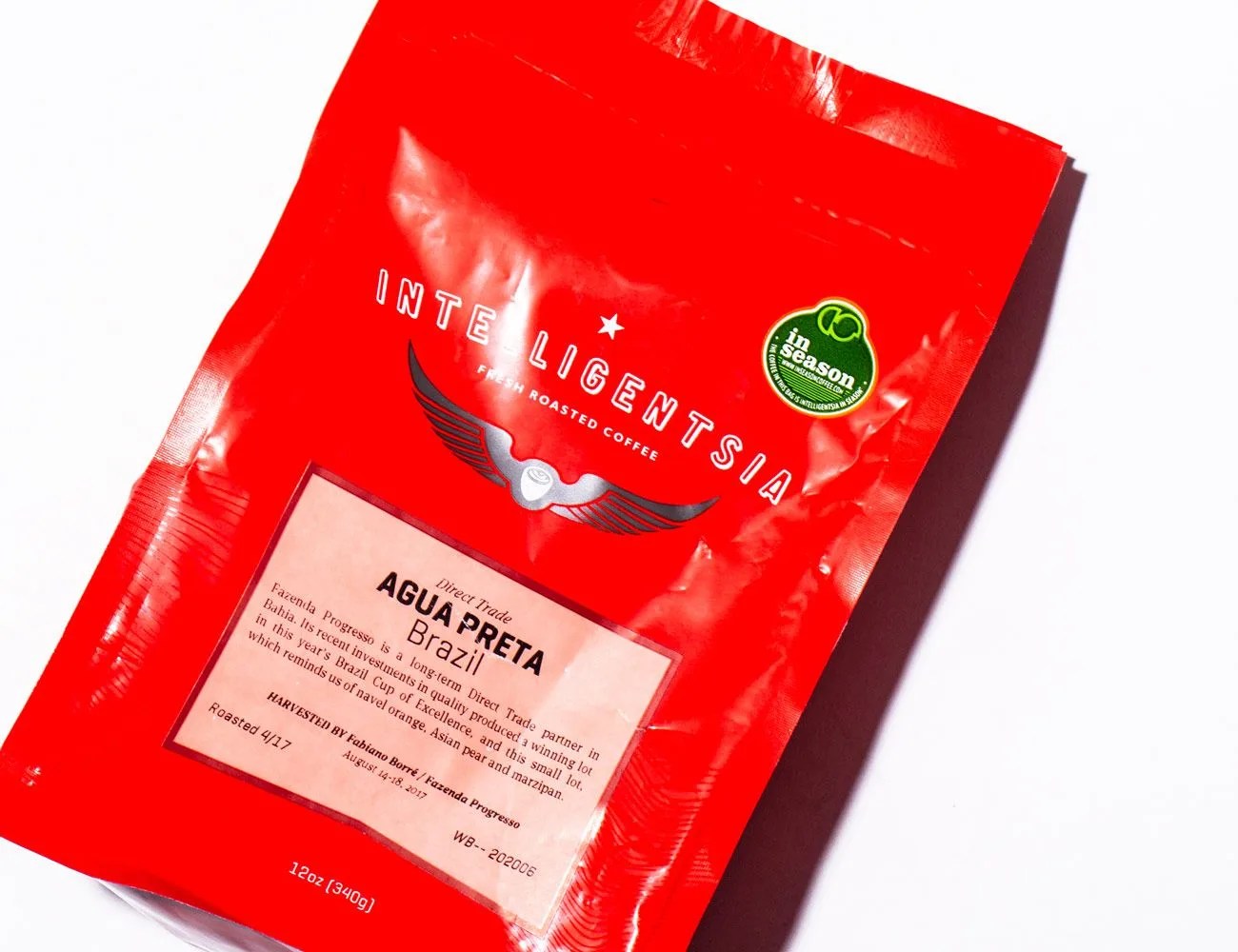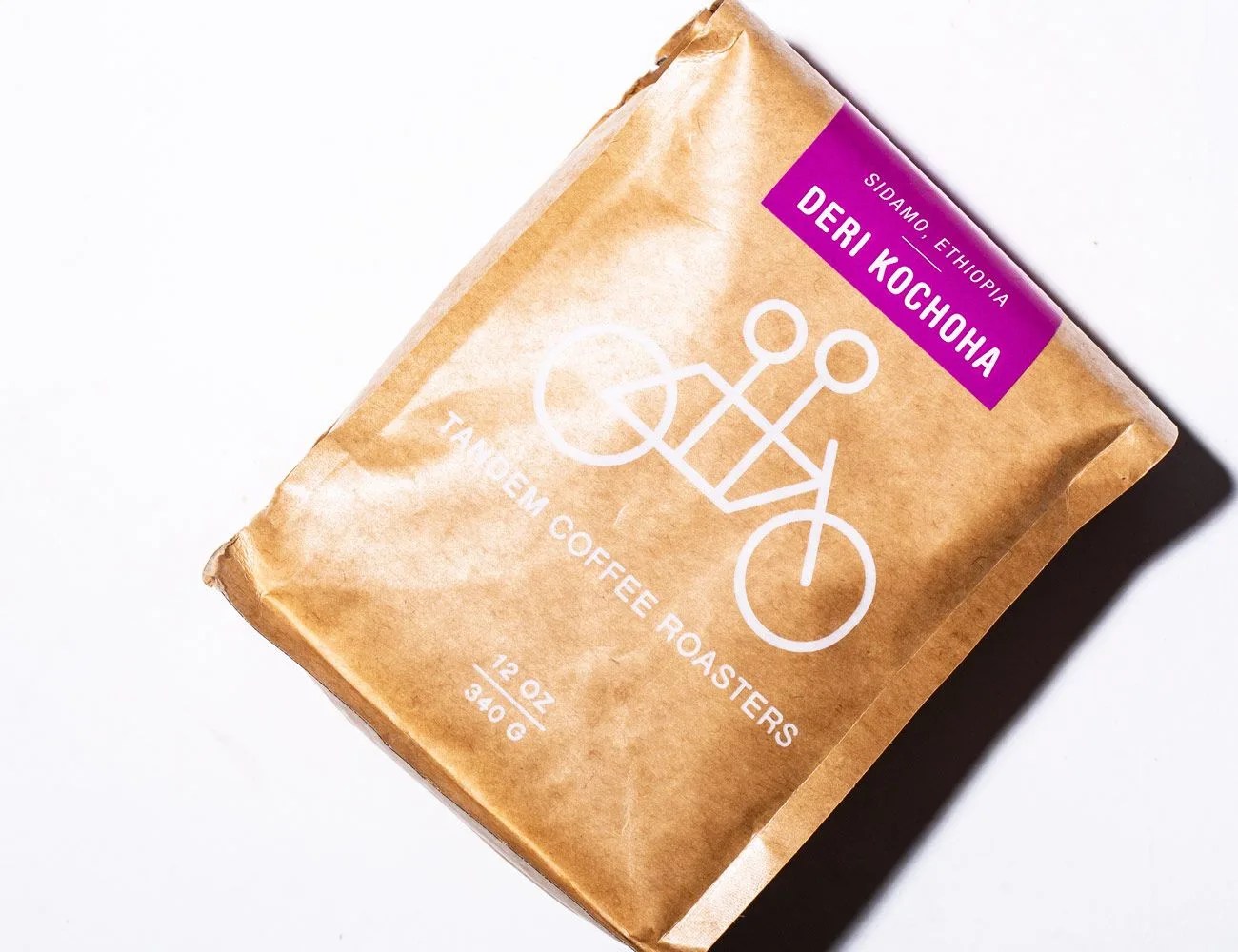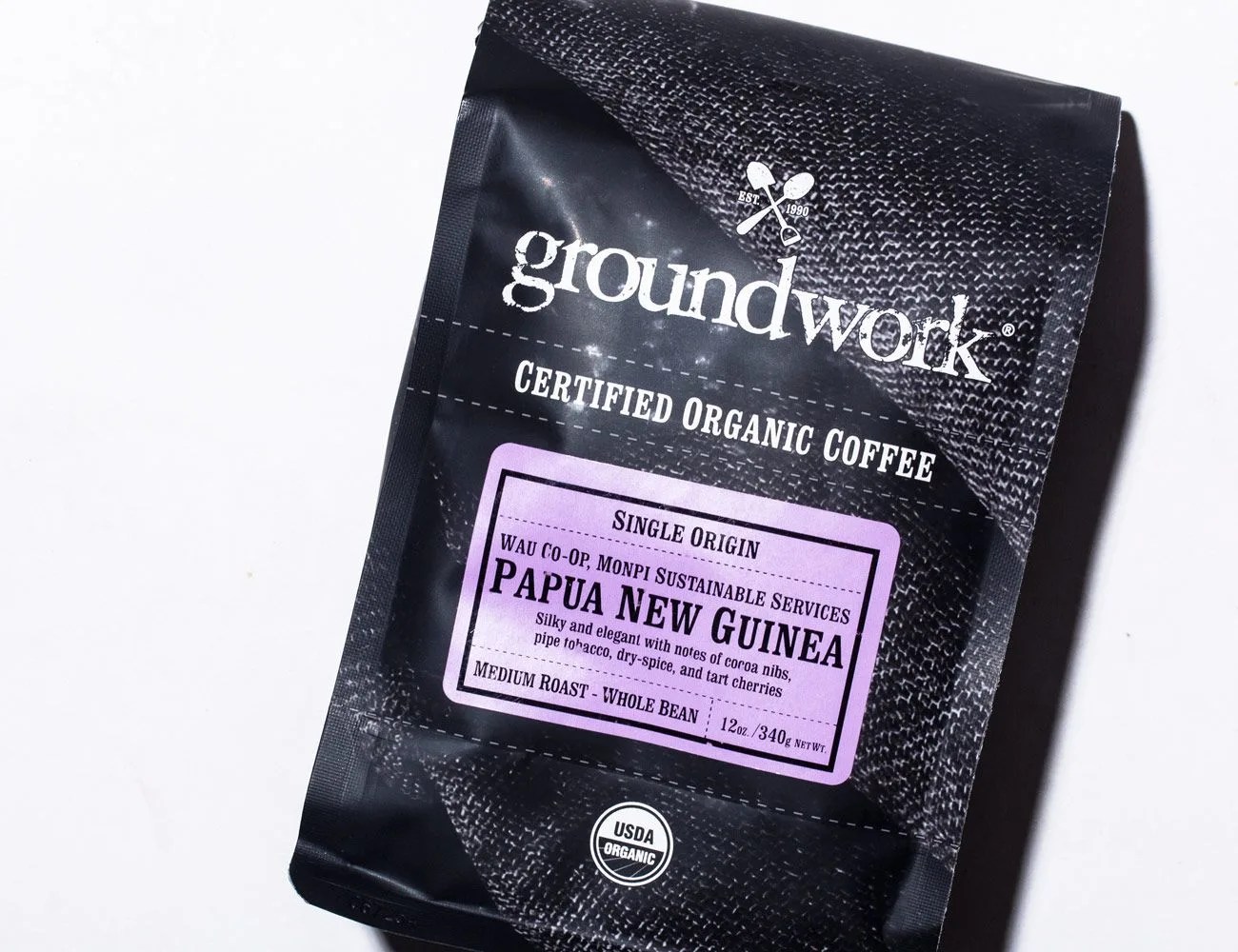Inching your way to the ideal cup of coffee is an exercise in control. You choose the tools, the water, the amount of time you’re willing to invest in a single cup. And somewhere along the way, you pick a bag of beans. Seems simple, right? Turns out, inside each bag are a handful of hidden variables — including, of course, the vague, hard-to-pin-down effects of regionality.
In our quest to better understand how coffee flavors change from region to region, we recruited Marcus Boni, Head of Coffee at brand new specialty coffee platform Trade. Though Boni is the first to admit there is and will always be plenty of exceptions to the rules, he’s willing to generalize (a bit) for the sake of building more coffee layman-turned-enthusiasts. With Boni’s help, this guide breaks down five of the major coffee-producing regions of the world and explains what you can expect from each one.
About Our Expert
Marcus Boni currently serves as Head of Coffee (his actual title) at Trade, a new website that brings more than 40 roasters and 350 bags of beans for sale together in one. Before joining Trade, Marcus was VP of retail at Intelligentsia Coffee, Director of Brand, Marketing and Product Development at Bonavita, Director of Retail and Coffee Strategy at Kaldi’s Coffee and Director of Community Development with the Specialty Coffee Association of America. He’s also worked in leading program development with the U.S. Coffee Championships, World Barista Championships, Barista Guild of America, Roasters Guild of America and is a member of the Advisory Board of World Coffee Events.
Coffee Bean Terms to Know
Cherry: The thing that encases the bean (which is really just the cherry’s pit). The cherry holds the bean as well as the pulp, mucilage, parchment and silver skin which, depending on how the fruit is processed, may or may not be discarded after picking.
Green Beans: Not what’s for dinner. Green beans refer to unroasted coffee beans that have gone through the picking and processing stage. Roasters typically store beans in this state as they don’t lose quality or freshness in a meaningful way. Unless you have access to a roaster, pass on the green.
